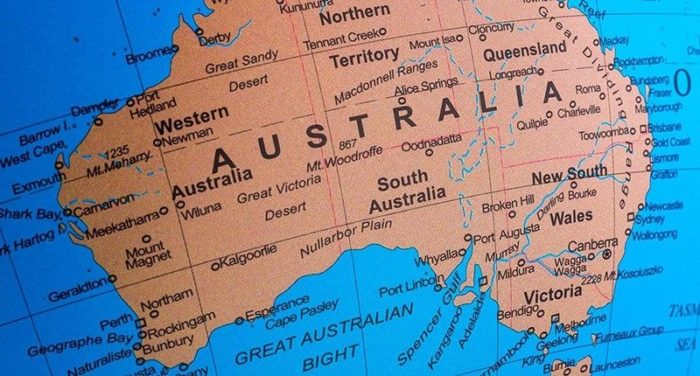As Reuters reports, prices for Australian heavy-sweet crude grades are increasing since traders rush to gain cargoes for blending ahead of new rules on shipping fuel, placing them among the most expensive crudes in the world.
Specifically, the high premiums are beneficial for the producers as BHP Group , Santos Ltd and Inpex Corp, which sell grades such as Pyrenees and Van Gogh produced offshore western Australia.
The two grades have been sold at premiums of more than $7 a barrel to dated Brent, up more than $1 from the previous month, after Royal Dutch Shell and Mitsui & Co snapped up one May-loading cargo each.
At those premiums and based on the current dated Brent on Refinitiv, the grades would cost more than $77 a barrel.
[smlsubform prepend=”GET THE SAFETY4SEA IN YOUR INBOX!” showname=false emailtxt=”” emailholder=”Enter your email address” showsubmit=true submittxt=”Submit” jsthanks=false thankyou=”Thank you for subscribing to our mailing list”]
On the contrary, Malaysian sweet grades such as Kimanis and Kikeh, which commonly are among the most expensive in Asia, are trading at premiums of about $5.50 a barrel.
Crudes such as Pyrenees and Van Gogh are called heavy sweet because they have a higher density relative to other grades and contain less sulphur.
Moreover, to fight air pollution from the shipping industry, IMO launched the 2020 sulphur cap regulation.
The high premiums represent the blending value of the low-sulphur crudes for mixing with higher sulphur residue fuel onboard ships or in storage tanks to create low-sulphur fuel oil (LSFO).
Yet, Chinese and Indian refiners reported that they didn’t go for the Australian heavy-sweet grades, as they typically do, because the grades jumped.
Among different crude grades, heavy-sweet oil is the most ideal to be used for ship engines as it has a higher flash point. Crudes with a low flash point ignite easily and can cause engine issues, Reuters states.
Australia is expected to produce more heavy-sweet crude once the Greater Enfield project restarts production by mid-2019.





























































